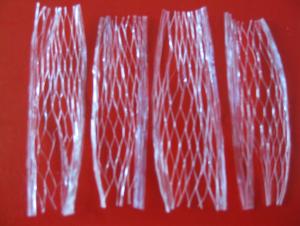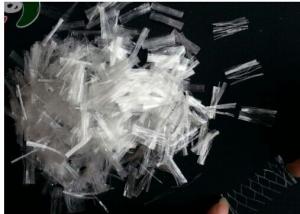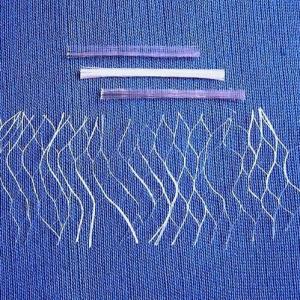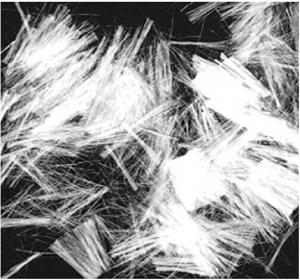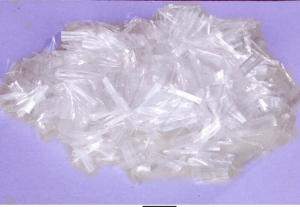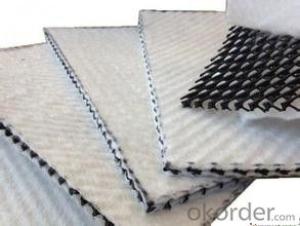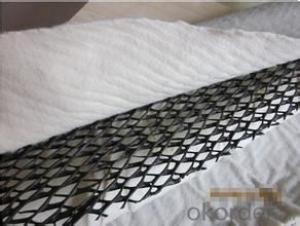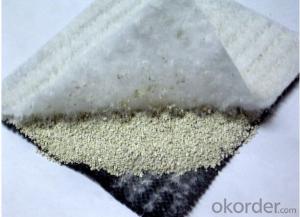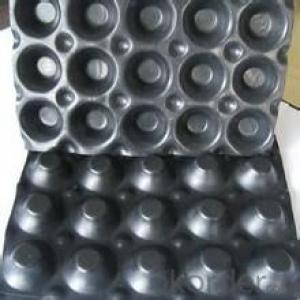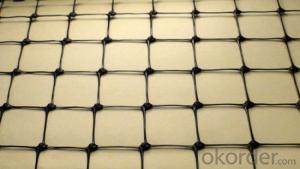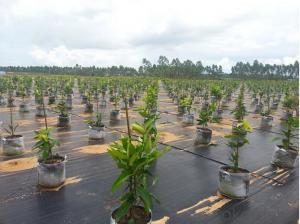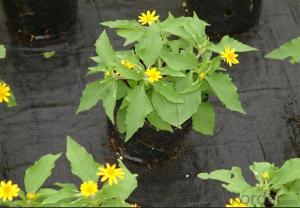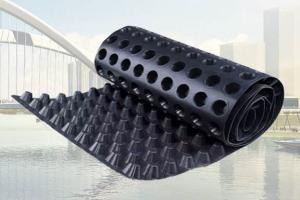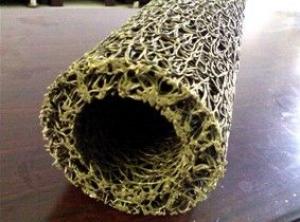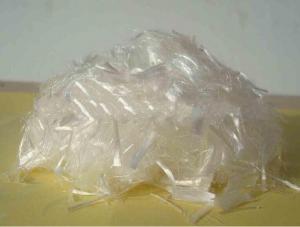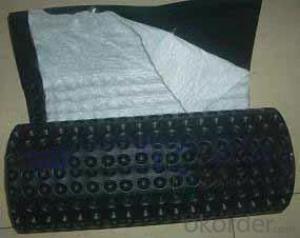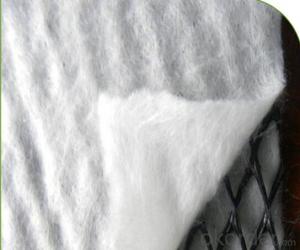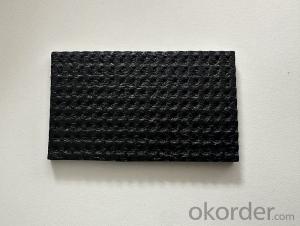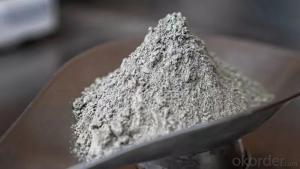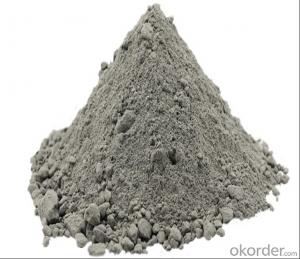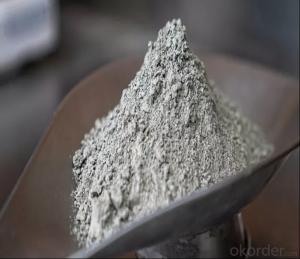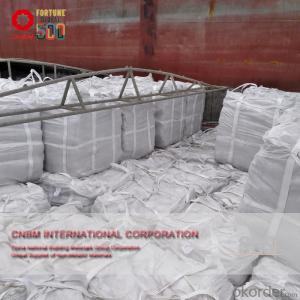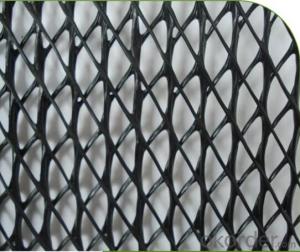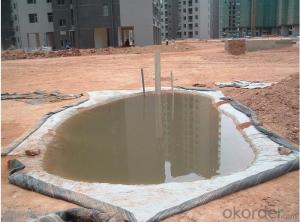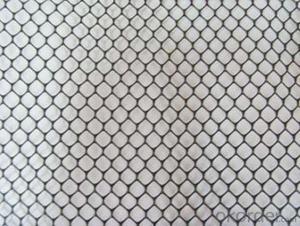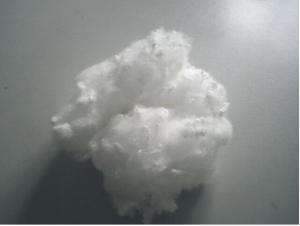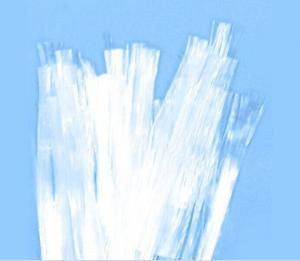PP Fiber Mesh for Concrete Use with Certification
- Loading Port:
- China main port
- Payment Terms:
- TT OR LC
- Min Order Qty:
- 2000 kg
- Supply Capability:
- 300000 kg/month
OKorder Service Pledge
OKorder Financial Service
You Might Also Like
1. Specification of PP Fiber Mesh for Concrete Use
Density(g/cm 3 ) | 0.91 | Elastic Modulas (MPa) | >3500 |
Length(mm) | 6,10,12,15,20 | Equivalent Diameter m) | 100 |
Shape | Beam-like Net | Crack Elongation(%) | ≥10 |
Acid &Alkali Resistance | Strong | Water-Absorbency | No |
Tensile Strength(MPa) | 346-560 | Melting Point(°C) | 160—170 |
2. Product Features of PP Fiber Mesh for Concrete Use
Prolong endurance
Improve steel protection
Increase cracking resistance
Increase fire resistance
Strengthen spurt & fatigue
Strong acid & alkali resistance and good endurance
Improve plastic deformity
Improve tensile, bending & folding strength
Increase seepage resistance
3. Product Package of PP Fiber Mesh for Concrete Use
Inner: 0.9kg/bag
Outer: 12.6kg/box
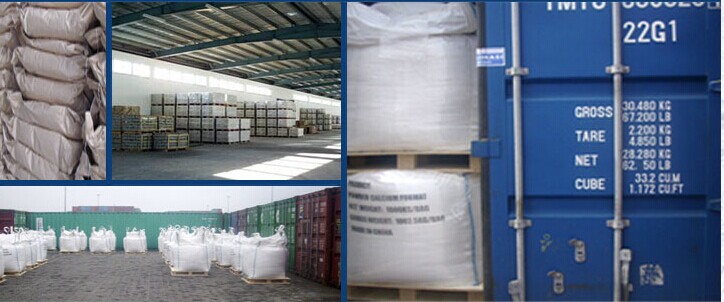
4. Application of PP Fiber Mesh for Concrete Use
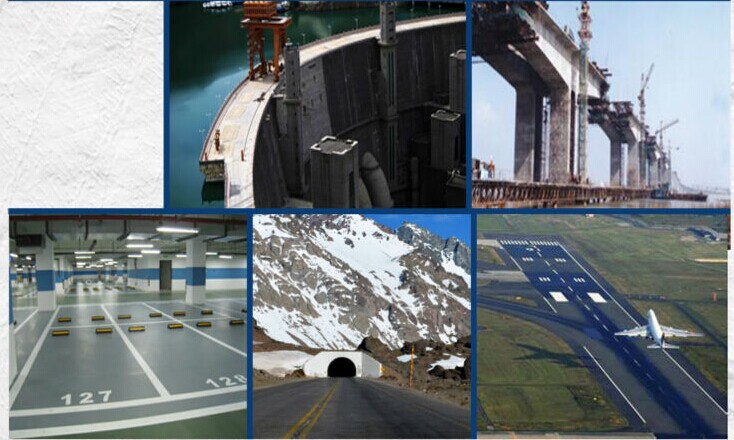
FAQ
1. Which payment do you accept?
For you convinience,our payment can be L/C,TT
2. Is free sample available?
We can supply free samples if you need.
3. How about your quality?
We have strict quality control system, we make testing on incoming raw material and finished products. Your third party testing is also welcomed. With high quality, our products are used on government projects at home and abroad. Our product quality is accepted by clients from all over the world
- Q:What are the advantages of using geotextile mats in erosion control for riverbanks?
- Geotextile mats offer several advantages in erosion control for riverbanks. Firstly, they provide effective stabilization by preventing soil erosion and reducing sediment transport. Secondly, the mats promote vegetation growth, enhancing the overall stability of the riverbank. Additionally, geotextile mats are easy to install and cost-effective compared to traditional erosion control methods. They also have a long lifespan and are resistant to degradation, ensuring long-term protection for riverbanks. Overall, geotextile mats offer an efficient and sustainable solution for erosion control, protecting riverbanks and the surrounding environment.
- Q:Can earthwork products be used in bridge abutment construction?
- Yes, earthwork products can be used in bridge abutment construction. Earthwork products such as fill materials, geotextiles, and retaining walls are commonly used to support and stabilize bridge abutments. These products help in providing a solid foundation, preventing erosion, and ensuring the stability and longevity of the abutment structure.
- Q:How do geosynthetic liners prevent leakage in reservoirs and ponds?
- Geosynthetic liners prevent leakage in reservoirs and ponds by providing a barrier that effectively contains and prevents the seepage of water. These liners are made of durable materials, such as high-density polyethylene (HDPE), that are resistant to punctures, tears, and chemical degradation. By placing these liners beneath the reservoir or pond, they create a reliable impermeable layer that prevents water from infiltrating into the underlying soil or escaping through the sides. Additionally, geosynthetic liners are installed with proper overlap and seaming techniques to ensure a tight and continuous seal, minimizing the risk of leakage and environmental hazards.
- Q:How do earthwork products contribute to carbon sequestration?
- Earthwork products, such as biochar and compost, contribute to carbon sequestration by increasing soil organic carbon content. These products have a high carbon content, which when applied to the soil, helps to capture and store carbon dioxide from the atmosphere. Additionally, earthwork products enhance soil fertility and microbial activity, promoting the growth of plants that absorb carbon dioxide through photosynthesis. Overall, the use of earthwork products in agriculture and land management practices can play a crucial role in mitigating climate change by sequestering carbon and reducing greenhouse gas emissions.
- Q:Can earthwork products be used in mining tailings management?
- Yes, earthwork products can be used in mining tailings management. Earthwork products such as geosynthetics, geotextiles, and geomembranes can be utilized to construct and reinforce containment structures for mining tailings. These products can help prevent seepage and control the flow of water, reducing the risk of environmental contamination. Additionally, earthwork products can also be used for erosion control and slope stabilization in mining tailings management.
- Q:What is the mechanical nature of the material in the civil material?
- Material strength, toughness, stiffness, hardness is the main mechanical properties of the main study object!
- Q:Are earthwork products suitable for constructing reservoirs?
- Yes, earthwork products, such as soil, clay, and rocks, are suitable for constructing reservoirs. These materials can be used to build the embankments and dams necessary for creating a reservoir. Additionally, earthwork products can be compacted and reinforced to ensure the stability and strength of the reservoir structure.
- Q:What is the purpose of using geotextile tubes in shoreline stabilization projects?
- The purpose of using geotextile tubes in shoreline stabilization projects is to provide a cost-effective and environmentally friendly solution for erosion control. These tubes, filled with sand or other materials, act as a barrier against wave action, preventing further erosion and protecting the shoreline from damage. They also help to retain sediments, promoting natural beach and dune formation, and providing habitat for marine life.
- Q:How can geopipes be used in underground water supply systems?
- Geopipes can be used in underground water supply systems to efficiently and effectively transport water from its source to the desired destination. These pipes are specifically designed to withstand the underground conditions, such as soil movement and pressure, ensuring long-term durability. Additionally, geopipes can be installed in various configurations, allowing for flexibility in designing the water supply network. By using geopipes, the risk of leaks, contamination, and water loss can be minimized, ensuring a reliable and sustainable water supply system.
- Q:What are the requirements for civil engineering materials?
- Look at the direction of civil engineering ~ road and bridge, housing construction, geotechnical, and now there are tunnels, you see what you need to understand which aspects of technology with the design is not the same ~
1. Manufacturer Overview |
|
|---|---|
| Location | |
| Year Established | |
| Annual Output Value | |
| Main Markets | |
| Company Certifications | |
2. Manufacturer Certificates |
|
|---|---|
| a) Certification Name | |
| Range | |
| Reference | |
| Validity Period | |
3. Manufacturer Capability |
|
|---|---|
| a)Trade Capacity | |
| Nearest Port | |
| Export Percentage | |
| No.of Employees in Trade Department | |
| Language Spoken: | |
| b)Factory Information | |
| Factory Size: | |
| No. of Production Lines | |
| Contract Manufacturing | |
| Product Price Range | |
Send your message to us
PP Fiber Mesh for Concrete Use with Certification
- Loading Port:
- China main port
- Payment Terms:
- TT OR LC
- Min Order Qty:
- 2000 kg
- Supply Capability:
- 300000 kg/month
OKorder Service Pledge
OKorder Financial Service
Similar products
New products
Hot products
